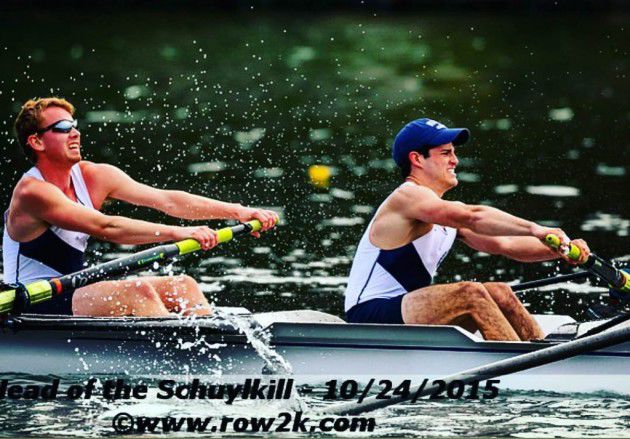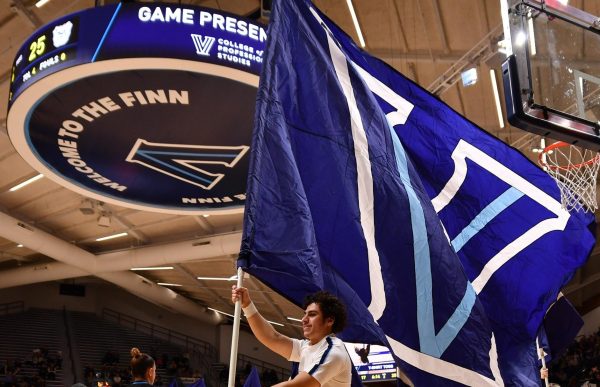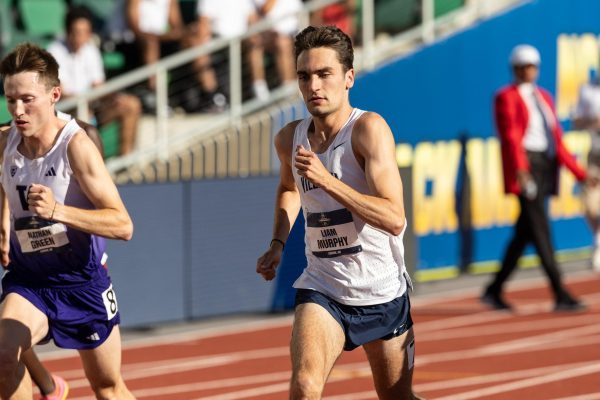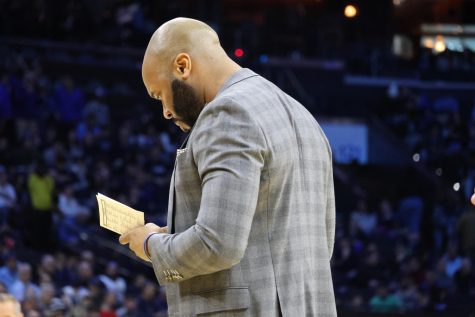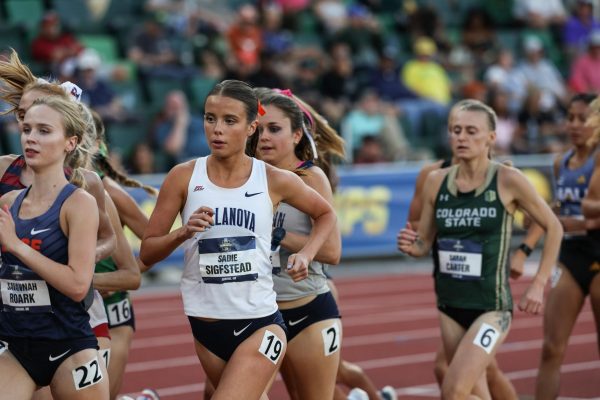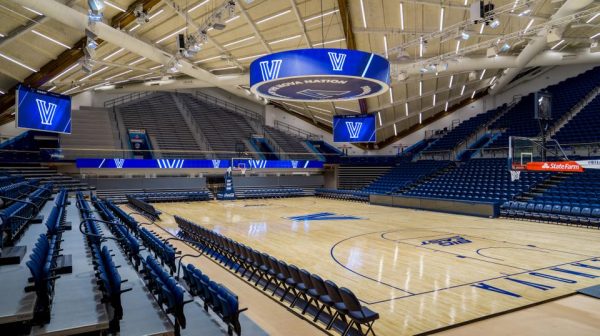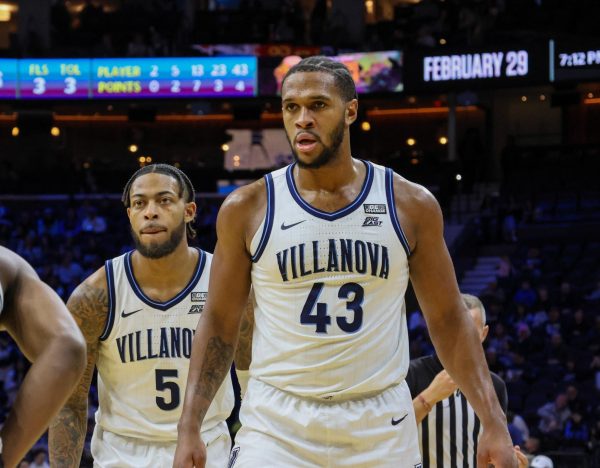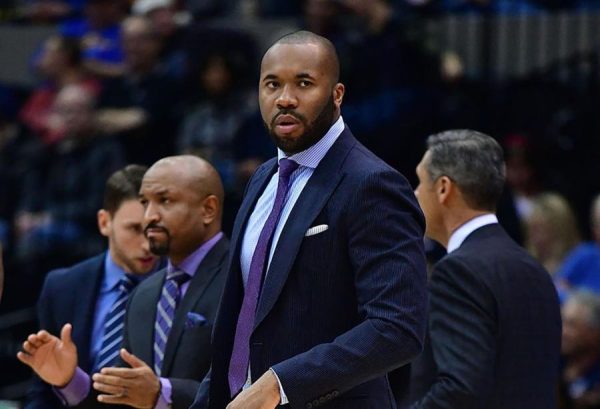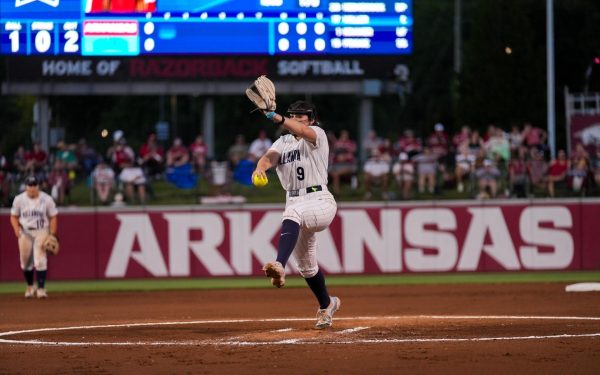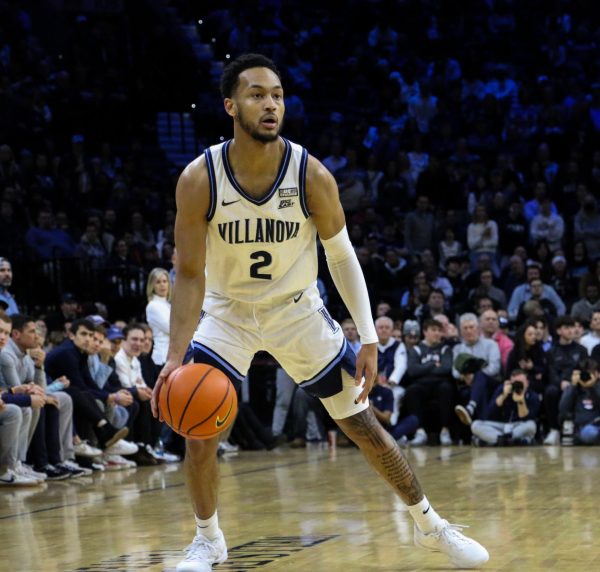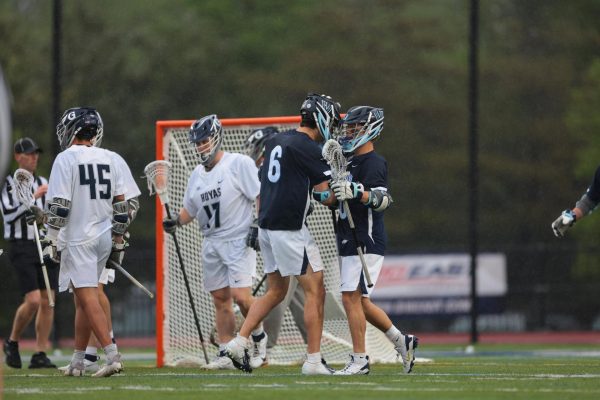Q & A with Jake Kraus
March 8, 2016
Jake Kraus, a junior from Collegeville, Pa., sat down with The Villanovan to discuss his experience on the men’s rowing team. Kraus, a graduate from Boyertown Area Senior High, transferred to Villanova from Pennsylvania State University for his sophomore year and decided to try out for the rowing team in hopes of finding his niche. After rowing on the novice squad last year, Kraus is looking forward to serving as a mentor to the underclassmen while on the varsity team this season and helping the team continue to succeed at some of the nation’s toughest regattas.
The Villanovan: Why did you decide to transfer from Penn State, and what made you want to come to Villanova?
Jake Kraus: The proximity of being closer to home was really something that attracted me to come here, and I honestly just wanted more of a smaller, close-knit school, and I’ve always been a Villanova basketball fan growing up, and I have a lot of family that live in the area, including mine. It was just kind of a no-brainer.
TV: Once you got to Villanova, did you have the intention to join the rowing team?
JK: I actually did not. I was walking around at the club fair, and I always thought crew was a really cool sport. Unfortunately, my high school didn’t have it but a lot of schools around mine did, and I was attracted by the type of kids that were on the team. They were really nice and seemed like really good people. Then, I just went to tryouts, and it was tough obviously. They take pretty much all the walk-ons for retention rate purposes, and then it just ended up being something I stuck out.
TV: Do you have any previous rowing experience?
JK: A little bit in high school, but pretty much not on a high competition level. I played baseball in high school.
TV: How is the team with taking walk-ons?
JK: We’re pretty open to everyone. In the beginning of the year after the club fair, we have a week-long tryout, and pretty much everyone makes the team, as long as you make it through the tryout. In crew, it really doesn’t matter whether you’re a varsity or a club team. Because of Title IX there’s like 28 varsity teams left in the country out of like 200 something. So, the majority of the teams are club or club-varsity, so we kind of fall into that category.
TV: What’s the difference between club and club-varsity?
JK: We’re allowed to lift in the Powerhouse two days a week with trainers, even though we’re a club team, so we do have some varsity team privileges. It’s a very hairy thing to label a team club-varsity, because it’s kind of like a gray area in between. So obviously people just think of us as a club sport but it’s really not something we even care about, to be honest, because that’s not why we do it. We don’t row for the status or the label of being an athlete—we row because we love it.
TV: How supportive has your family been of your rowing career?
JK: They’re very involved with the team. They run the parents and alumni association. My parents literally cook for like 100 people every race. It’s pretty crazy. When I was an athlete in high school it was kind of like that, too. So here I am in college, and they’re still here.
TV: What is the alumni support like?
JK: It’s really, really good. We have alumni scattered all over. Matt Valazza lives in California—he came to Villanova. A kid that rowed just got a job through him. The alumni help raise money for us. They pay for some of our races. They’re always kind of watching the team, making sure everything’s functioning and going well.
TV: You mentioned that rowing has helped with your work ethic. What do you think your student experience would be like if you didn’t row?
JK: I would say that the one thing that rowing has taught me is, getting up obviously at 4:45 in the morning, you come back and you honestly want to go back to sleep like 90 percent of the time before your next class. Honestly, this isn’t for everyone, but if I go back to bed, I just don’t wake up. You just got to push throughout your day, and it really teaches you strategic napping. That’s how you survive your day. Bottom line, if you can get a nap in anywhere, whether it’s third floor of Falvey, you just go up, you do it. You’re not getting as much sleep as everyone else, and it really teaches you time management, just how every ounce of time throughout the day is actually valuable.
TV: What are some of the team’s goals for the spring season?
JK: I would say this year is definitely more of a building year for the program. We have a couple really, really good freshmen we need to bring up to speed, getting them actually rowing well on the water. We’re going to have smaller boats this year. With that being said, you can still make your team’s presence known at races and establish the team further and build off this year to kind of make next year one of what could be one of the better years for the program.
TV: What has been one of your proudest moments as a member of the rowing team?
JK: For me, when the varsity eight made it to petite finals at Dad Vails was really cool. Just the fact of the matter is, no matter who stays, who goes, you have your core group of guys that want to be there and that make an effort to be there and put whatever they have into the sport and into the team. You get a direct return from that.
TV: You mentioned that you have a lot of good freshmen this year. What is it like serving as a mentor to them?
JK: It’s really, really cool. You kind of have to hype them up but also make sure they stay level headed because it requires extreme dedication, and a lot of the freshmen join not for the wrong reasons, but a lot of the time they come in and go ‘Oh, I want to do this because I get all of this cool gear, and I get to travel around and race.’ Regardless, serving as a mentor for the underclassmen, it’s kind of an honor in a way. I was there at one point, and I just remember my first year rowing as the coolest thing. It helped me really distinguish myself amongst the Villanova community and help me find my niche of friends.
TV: How does one’s rowing experience change throughout one’s career?
JK: When you first start out, what you’re doing is building a fitness base. We spend a lot of time on the rowing machines, gauging where you stand cause that’s kind of how you measure. When you’re in a boat of say eight people, everyone has their own 2k score, which is how fast can you go in 2,000 meters. It is honestly the most painful fitness test. Kids throw up, pass out, fall over. It’s absolutely insane. So if you’re in a boat with eight guys, you want everyone there pulling as hard as they can the entire time. So, the thing that’s important is, you kind of have to make a transition from building the fitness, to getting your fitness base, and from there, kind of concentrating on rowing well on the water, because it is a very technical sport in a sense that it requires a lot of concentration.
TV: Do you see rowing being a part of your future after you graduate?
JK: Yeah, I do. A lot of people continue to row after college which is really cool. If you go down to any of our races and watch the seniors, there’s guys that are in their 60s. It’s incredible to watch. A lot of people row their entire lives—it keeps you in shape and it gives you an excuse not to go to the gym. If you row, you’re going to be in the best shape. If you row in college especially, you’re in the best shape of your entire life. It’s pretty hard to top it. It’s a really awesome experience.

